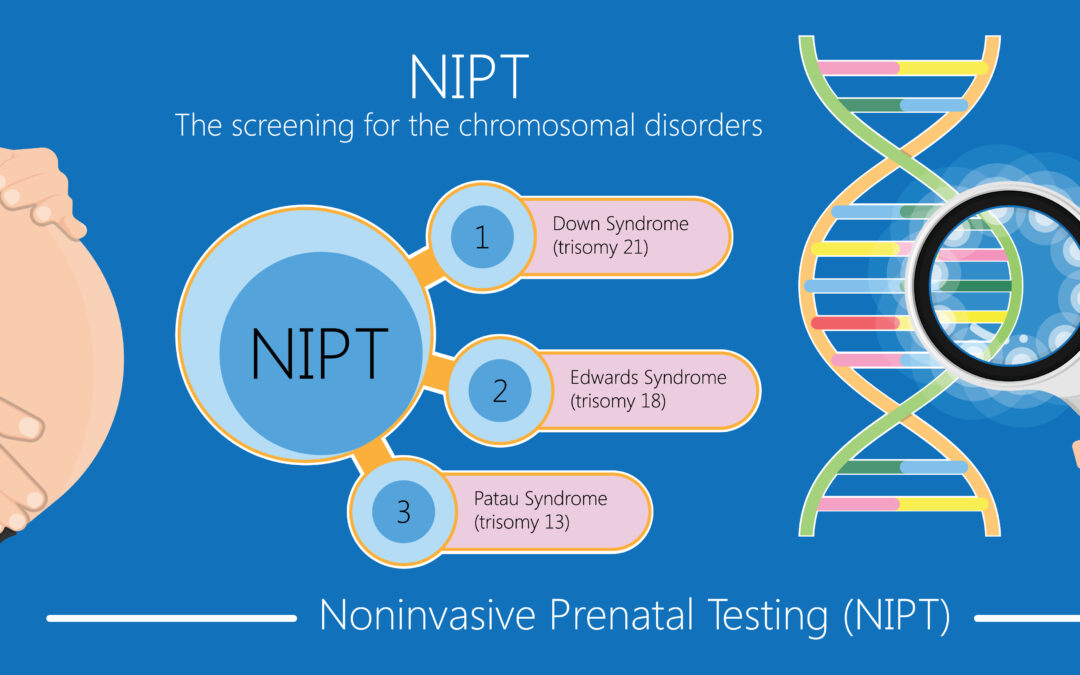Pregnancy is a time of great anticipation — and, sometimes, anxiety for expecting mothers. Giving them every bit of information possible about their growing baby can help ease their mind. That’s where prenatal genetic testing can help. Results indicate their risk of carrying a baby who has certain chromosomal abnormalities, such as Down syndrome, also known as Trisomy 21.
Trisomy 21
Human cells normally contain 23 pairs of chromosomes. One chromosome in each pair comes from the father, the other from the mother. Down syndrome results when abnormal cell division involving chromosome 21 occurs. These cell division abnormalities result in an extra partial or full chromosome 21. This extra genetic material is responsible for the characteristic features and developmental problems of Down syndrome, which remains the most common chromosomal condition diagnosed in the United States, occurring in about 1 in every 700 babies.
Trisomy 18
Trisomy 18, also known as Edwards syndrome, is the second most common type of trisomy syndrome, after trisomy 21 (Down syndrome). About 1 in every 5,000 babies is born with trisomy 18, and most are female. Trisomy 18 is a very severe genetic condition that affects how your child’s body develops and grows. Children diagnosed with trisomy 18 have a low birth weight, multiple birth defects, and defining physical characteristics. Many babies with trisomy 18 don’t survive past the second or third trimester of pregnancy.
Trisomy 13
Trisomy 13, Patau’s syndrome, also affects about 1 in every 5,000 births. The risk of having a baby with the syndrome increases with the mother’s age. Trisomy 13 causes severe intellectual disability and many physical abnormalities, such as congenital heart defects; brain or spinal cord abnormalities; very small or poorly developed eyes (microphthalmia); extra fingers or toes; cleft lip with or without cleft palate; and weak muscle tone (hypotonia).
Prenatal Screening Tests for Trisomies
With so many frightening abnormalities associated with trisomies, it’s only natural to want to know whether there is a risk to any of these conditions for a baby. Prenatal testing is the best strategy. Noninvasive prenatal testing (NIPT) uses the presence of circulating cell-free fetal DNA in the maternal blood to quantify the risk of a chromosomal anomaly. Premier Medical Laboratory Services offers NIPT for your patients to get the most sensitive and specific screening option during prenatal care. Our test has the highest reported detection rate and lowest false positive rate of any prenatal aneuploidy screening test. Offer your patients more information about the genetic health of their pregnancy as early as 10 weeks.

